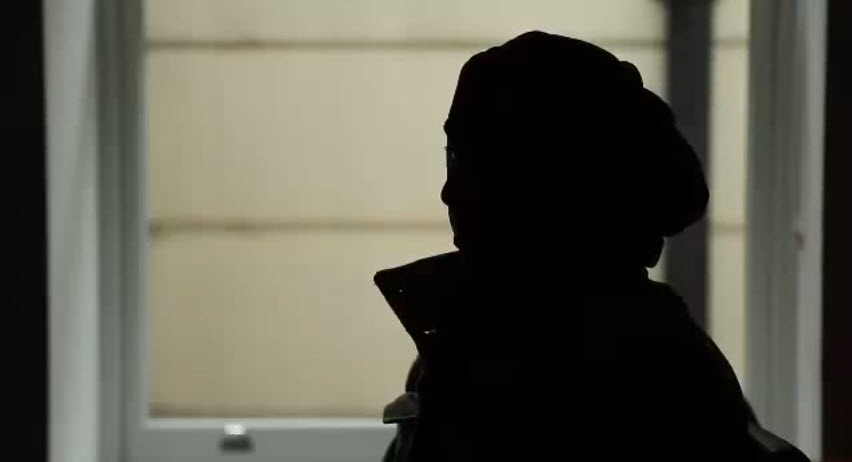Today we were contacted by a young woman who recently converted to Islam and who has been through a number of issues, not of her own doing, though where she is struggling to be accepted.
A few months ago, this young woman, who has transitioned and who is living her life as a woman, suffered the humiliation of being stopped and searched by law enforcement and felt that the experience was one which affected her identity as a person. A niqab wearer, she has struggled for support and is still coming to terms with her new identities as a woman and as a Muslim.
Today, it seems that she attended a Muslim women’s group for support and the response was one which was difficult and depressing. The support group broke up and she was left feeling that her choices in life and her identities were being rejected.
We know that such issues affect many communities, those of faith and of no faith in the United Kingdom. We understand the difficulties that some people have, though compassion, care and understanding are qualities that can make a real difference to the confidence and the mental health of such people.
This Muslim woman simply is asking to be respected for who she is – a Muslim and a woman. She has asked for nothing more and nothing less. Yet, this case also shows how attacks against the identity of individuals can have real and lasting impacts and effects on the mental health of individuals. Today, she talked about being suicidal and unhappy, yet at this low ebb, she still reached out for support.
Her case and her issues are precisely why we must all make the time to stop and think about how our words, deeds and actions can have life long consequences on people. From the Muslim women who could not work with and get to know and respect a transexual Muslim, through to young males who abuse visible Muslim women, it is imperative that we challenge our stereotypes and our pre-conceptions. In the end, we are all citizens, trying to live our lives together and where all of our lives and futures depend on being safe, respected and treated with dignity.
This is also why intersectionality of identity and being able to work with it matters. This is why we as people are complex, yet we crave acceptance and this is why, without being heard, we all feel that our value in life is minimal. Spare a thought for this young woman and next time that creeping thought comes into your mind, think about how you would want to be treated.





